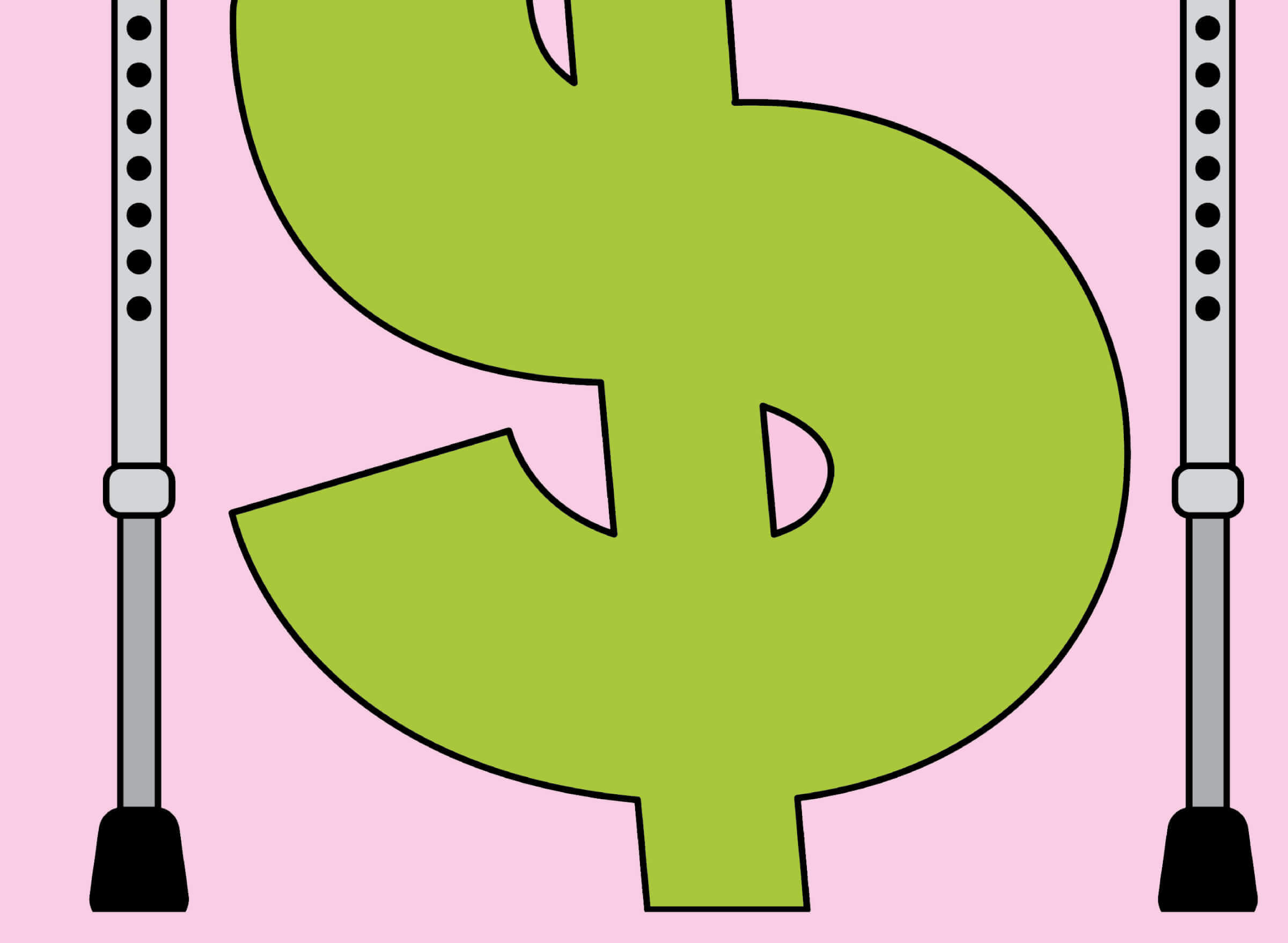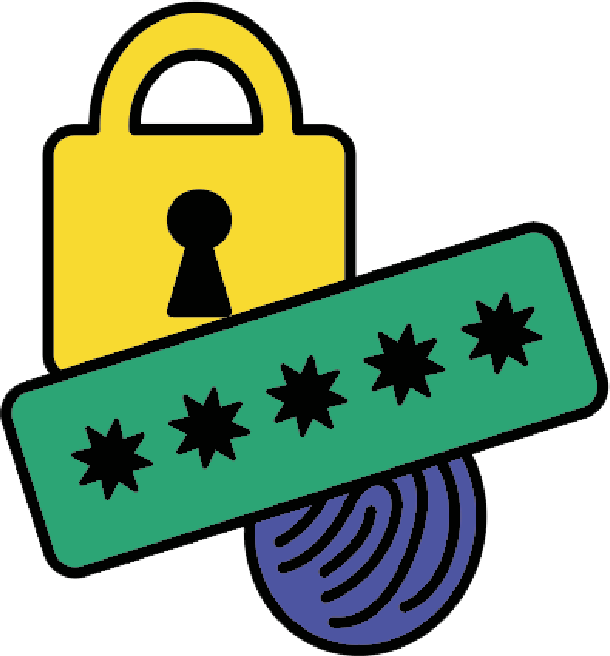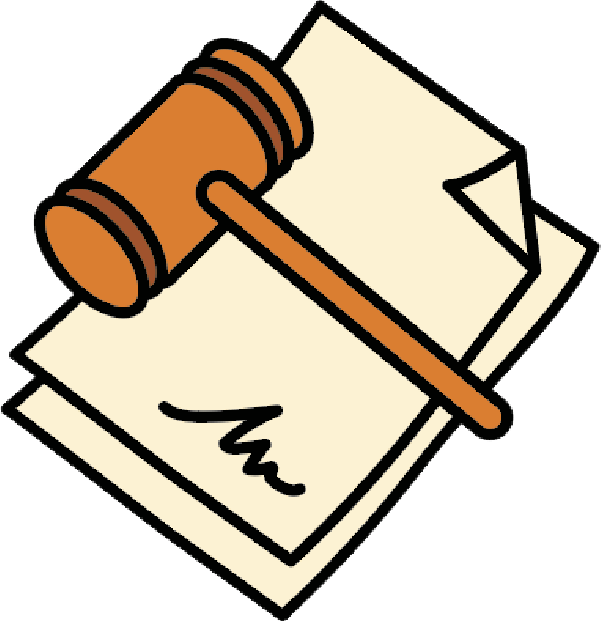FEATURE STORY/PERSONAL FINANCE 2024
PART 2: HEALTH RISK
Managing Money When You’re Sick
Letting bills go unpaid during a medical crisis can create a financial crisis. Here’s how to avoid that

IMAGINE A MEDICAL emergency knocks you out of commission for a few weeks or months. Paying your cable bill may not be high on your list of priorities.
But the consequences of letting financial obligations fall by the wayside could make getting your life back to normal even harder. Missing a month or two of rent payments, credit card bills and phone bills can expose you to penalty fees, unwanted interest payments and worse.
So how can you avoid this? The right answer isn’t obvious. You could simply give instructions and passwords to a friend or relative, but that carries risks. And what if you’re not in any condition to explain how you manage your money? Consider these steps to prepare for a health care crisis with a minimum of hassle.

1. Create a list of chores.
Start by writing down a comprehensive list of your regular bills, expected deposits and any other information your helper would need to handle your day-to-day financial obligations for a period of up to six months. Which payments are on autopilot, and which do you write checks for? Where does the money to pay your bills come from? If your bills are on auto pay but your checking account isn’t replenished, your payments will start bouncing.
Next, assemble relevant account numbers, usernames and passwords, and try to imagine any problems your helper might have accessing your accounts. Are they protected by two-factor authentication, meaning that logging in might require both a password and a onetime code texted to your phone? “Clarity is important,” says Stuart Sprenger, a senior wealth adviser for Citi Personal Wealth Management based in Fresno, California. “Especially when another person is probably upset and is dealing with a lot of other things.”
2. Find the right person.
Your next step: Designate someone willing and able to handle the job. “I’ve seen so many situations where people say, ‘I have to name my oldest child,’ ” says Stacy E. Singer, national practice leader for trust and wealth advisory services at the Northern Trust Company in Chicago. “Well, that’s great, but make sure your oldest child is able to do it, has the time to do it and is the kind of person who does those things well.”
If you don’t have children you can ask, you can try another family member, a friend or a professional, says Jay Zigmont, founder of Childfree Wealth, a financial planning firm in Water Valley, Mississippi. For example, the American Association of Daily Money Managers (aadmm.com/find-a-dmm) lets you search for professionals who can handle your day-to-day finances on a short- or long-term basis.
17%
of Americans 65 and older are hospitalized each year
SOURCE: CENTERS FOR DISEASE CONTROL AND PREVENTION
Don’t keep your choice a secret from others in your life. You don’t want relatives panicking about your finances unnecessarily or arguing over who should manage your money. Also, be willing to revisit your decision. Someone perfectly positioned to help you now may not stay that way.
Finally, let your designee know where to find the financial information you’ve prepared—say, in an envelope in your lower desk drawer.

3. Fill out the necessary forms.
If you trust a friend or relative and you’re out of commission for just a few weeks, realistically you may not need much paperwork. With your permission, your backup can log in to your checking account (maybe sitting beside you, with you receiving onetime codes on your phone) and pay your bills, says New York elder law attorney Stuart H. Schoenfeld. If you write out paper checks, you would have to sign them yourself.

Having someone call a creditor on your behalf might be more challenging. Financial services companies won’t speak to someone without authorization, Schoenfeld says, but they might give you information if you get on the phone with your helper and say it’s OK. He warns against letting someone impersonate you over the phone. “If the credit card company ever figures it out, they will block access to the account, and it will be harder to address issues in the future,” he says. Handling someone’s finances without a power of attorney (POA) is a gray area, Schoenfeld says. Your helper should avoid any actions that could be construed as financial abuse, such as taking money out of your bank account.
61%
of baby boomers prefer to pay bills on their computer
SOURCE: ACI WORLDWIDE
To cover your bases—in case you’re uncommunicative or ill for an extended period of time—you should give your surrogate a durable POA, which grants legal permission to act on your behalf even if you’re incapacitated. That gives the person much more latitude to handle your affairs.
You can find free state-specific forms at freewill.com, lawdepot.com and rocketlawyer.com. Warning: Many financial institutions are picky about the POAs they will accept as valid. So while you’re well, it’s important to check with your bank or brokerage about its requirements.
Tamara E. Holmes has written about money and careers for publications including USA Today, Working Mother and Essence.
SWIPE FOR MORE >